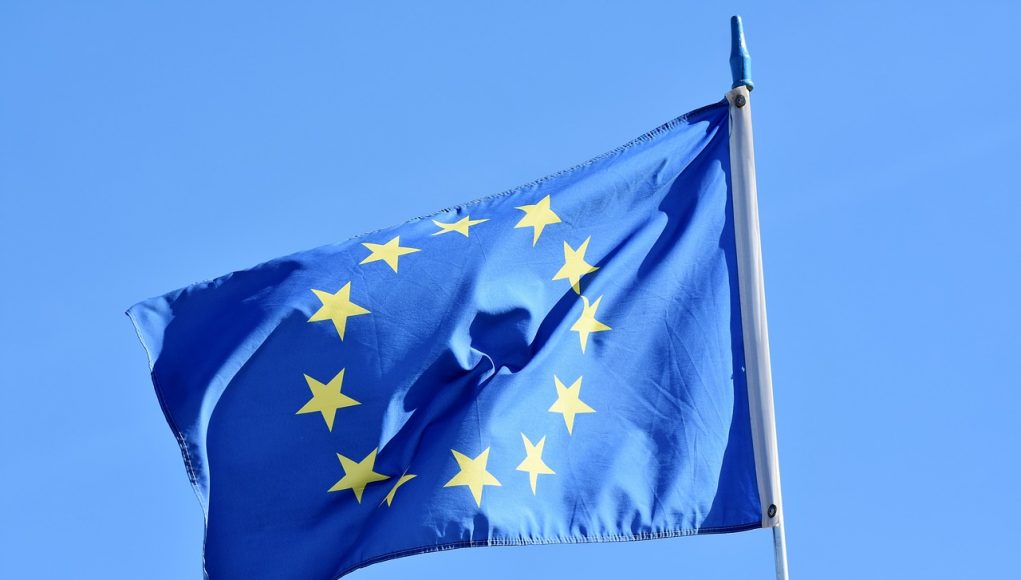Following calls from EU member states and the vape industry to put an end to the different national tax regimes within Europe, tax officials in Brussels have agreed that there’s an urgent need to set in place a standard of excise duties on tobacco alternatives.
In February 2020, The Executive published a report suggesting that this lack of uniformity is a source of concern from the internal market perspective. “On the market side, developments have accelerated within new e-cigarettes, heated tobacco products and a new generation of modern products are coming into the market (containing nicotine or cannabis),” read the report. “The current lack of harmonisation of the tax regulatory framework for these products is also restricting the possibility to monitor their market development and control their movements.”
Currently, the tax situation in the EU remains fragmented, as different member states have imposed different tax rates on different products. Although electronic products are regulated under the Tobacco Product Directive (TPD) with regards to the health aspect of things, there is still no EU-wide tax framework in place for them. In 2017, the EC had asked for consultations about a proposed revision of the TED, which would have included such a tax.
Directive 2011/64/EU
Last year TobaccoIntelligence reported that the EC believes the current Directive 2011/64/EU on the structure and rates of excise duties applied to manufactured tobacco presents “problems” that need to be fixed “quickly”, including how the new rules will govern tobacco-alternative products.
The directive review seems a top priority for the executive branch of the EU, and sources close to the process admit that a final proposal will be put back to the beginning of 2022 due to delays in the internal procedure. The Commission’s road map originally established that a decision on the future of tobacco taxes had to be presented by the end of 2021. A final decision on the matter is not expected until early 2022.
Meanwhile, a recent release by ECigIntelligence, reported that a public consultation found that 57% of respondents were also in favour of tax harmony for nicotine-containing e-cigarettes, while 31% were against. Moreover, 55% believed that nicotine-free e-cigs should be taxed equally, while 36% felt they should not. On the other hand, six out of ten industry members supported e-cig tax harmonisation.








